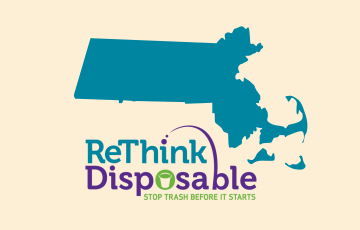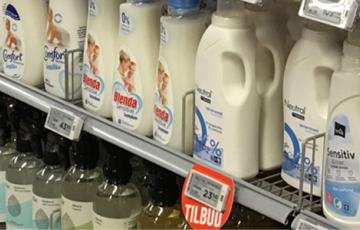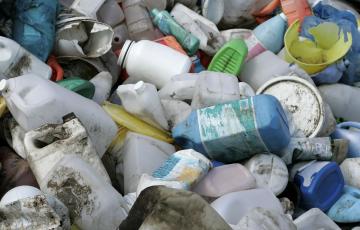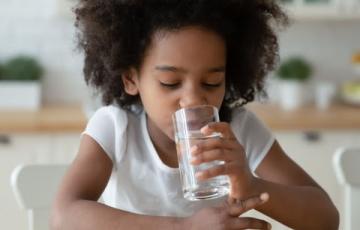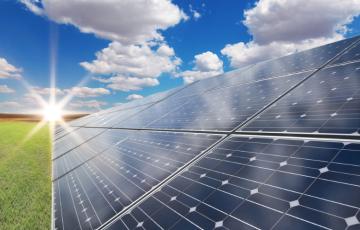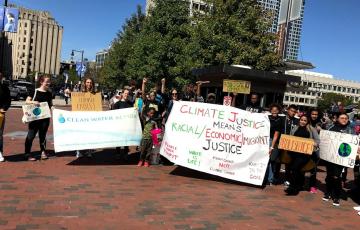ReThink Disposable in Massachusetts
Learn more about the work ReThink Disposable is doing in Massachusetts.
Protecting Our Health from Toxic Chemicals in Massachusetts
Toxic chemicals surround us—in our air, water, homes, and workplaces. Many chemicals used in everyday products, like plastics, cosmetics, toys, and furniture, increase the risk of serious illnesses.
Zero Waste in MA
Our state’s landfills and incinerators pollute the air and water of neighboring communities. Unfortunately, Massachusetts produced 6,160,000 tons of waste in 2023, falling short of its own waste reduction goals, and actually increasing 2.7% from 2022 and 8.8% from 2018.
Protecting Massachusetts Families from Lead
Lead is a highly toxic metal that can permanently affect almost every organ in the body and the nervous system, especially in children.
While there is no safe level of lead exposure, many older buildings still have lead paint or lead service lines delivering water. Clean Water Action is working at every level of government to ensure that neighbors can learn how to protect their families and access resources for their homes, apartments, schools, and other buildings.
Clean Energy and Climate Justice in Massachusetts
The way we currently produce and use energy in the U.S. significantly contributes to the climate crisis and pollutes our water, air and communities. It also disproportionately harms low-income communities and communities of color.
Civic Engagement and Democracy in Massachusetts
Clean Water Action builds grassroots strength in Massachusetts to impact environmental policy in Washington, D.C., in Boston, and at home in our communities.
Stay Informed
Get the latest updates and actions:
Thanks for signing up!
There was a problem processing your signup. Please try again.
